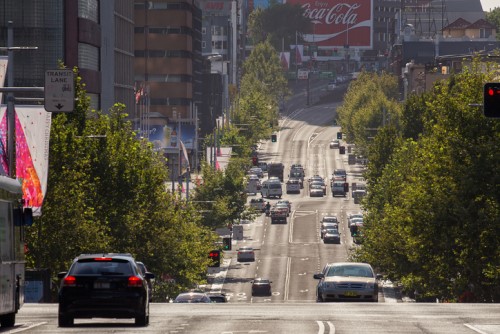Driverless vehicles are soon to launch onto Australian roads, yet many questions still remain regarding their widespread implementation, including the implications for car insurance.
To answer some of these questions, a $400,000 grant has been provided to the Queensland University of Technology (QUT) centre for Accident Research and Road Safety to break down some of the barriers that lie between the technology and the actual use of autonomous vehicles.
Search and compare insurance product listings for Motor Vehicles from specialty market providers here
The QUT study, which is expected to touch on some of the big changes to car insurance, will focus on how two people in driverless cars might react to each other on the road, or how a driver can operate on a road with autonomous vehicles around him,
finder.com.au reported.
"We hope to revolutionise the cooperative principles that are central to humans interacting with automated systems and vehicles," said Andry Rakotonirainy, deputy director of QUT road safety research centre. "Our project will assist the research community, vehicle manufacturers, the automation industry, and policymakers as it seeks to understand the context-dependent interactions between two humans in a car, which will then inform future interfaces between automated cars and human road users."
The study is expected to inform best practice in future car designs for the transition period, which will take place as soon as 2021, and beyond, the report said.
"The long-term benefits include improved road safety, trust, mobility, and quality of life as well as reducing the immense social and economic cost of transport in Australia, estimated to be $47bn," Rakotonirainy said.
Related stories:
Adelaide summit to tackle industry impact of driverless vehicles
Humans a major roadblock to the Australian launch of driverless vehicles
Is advanced technology leading to cheaper insurance?


